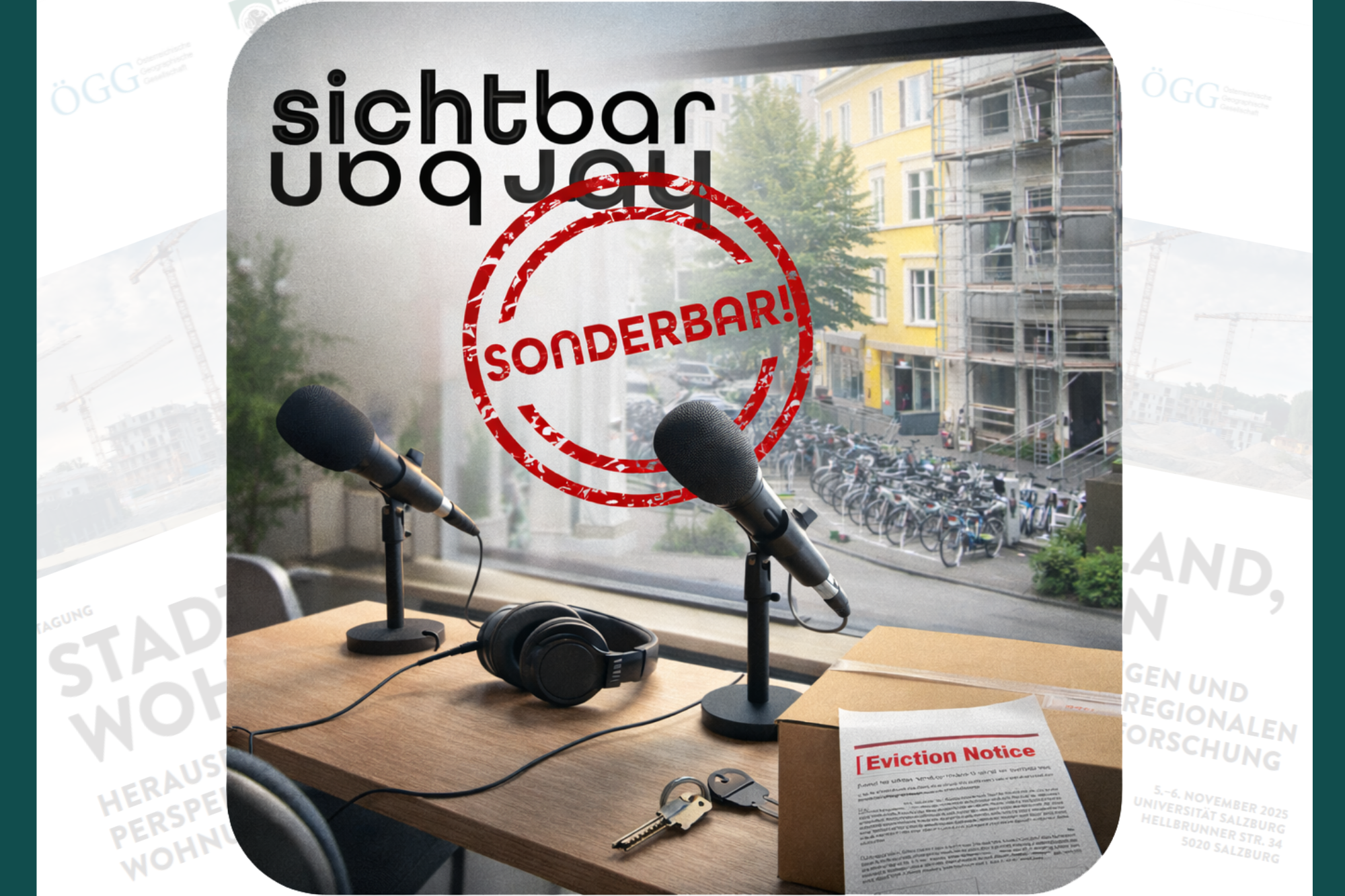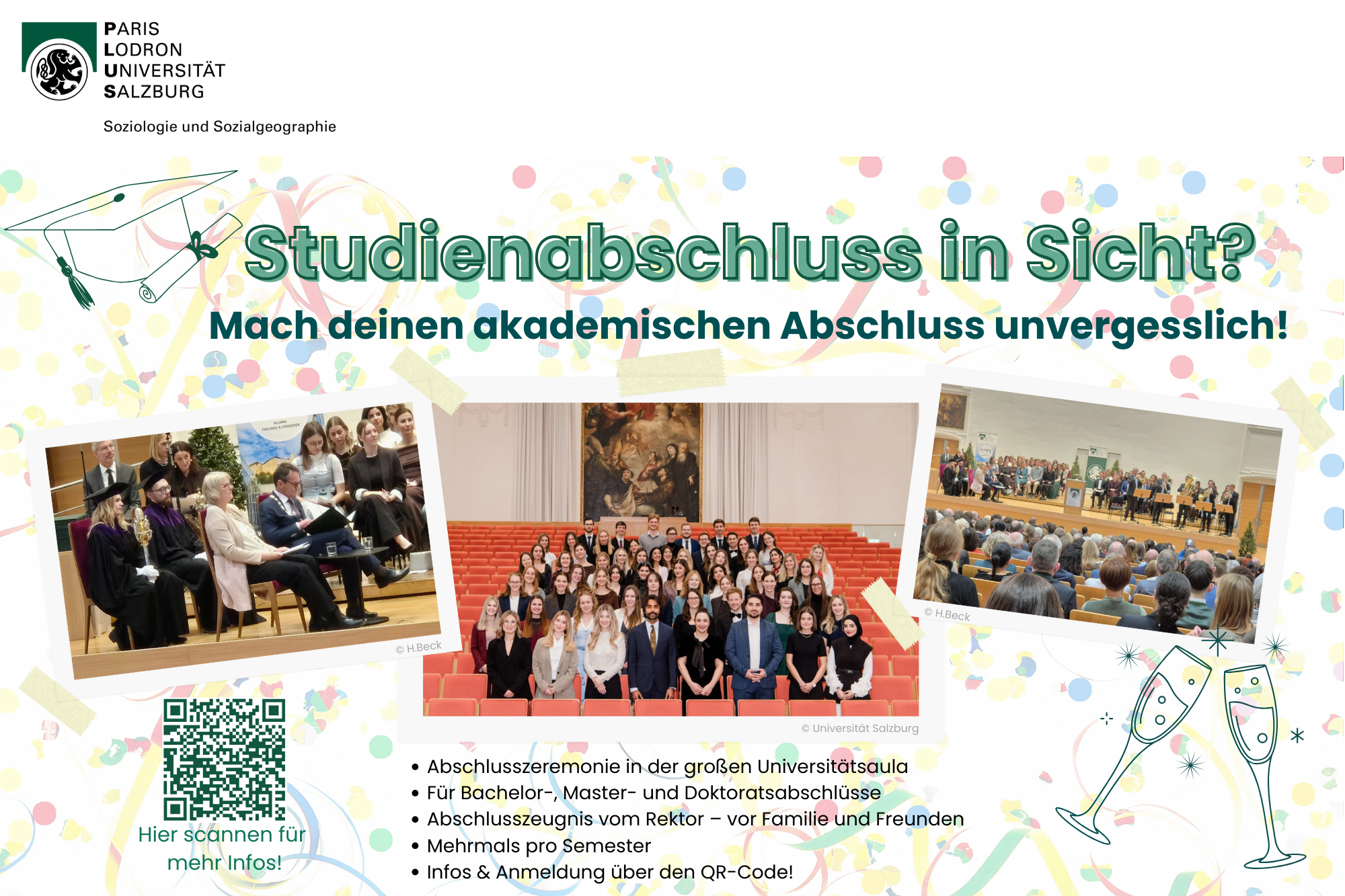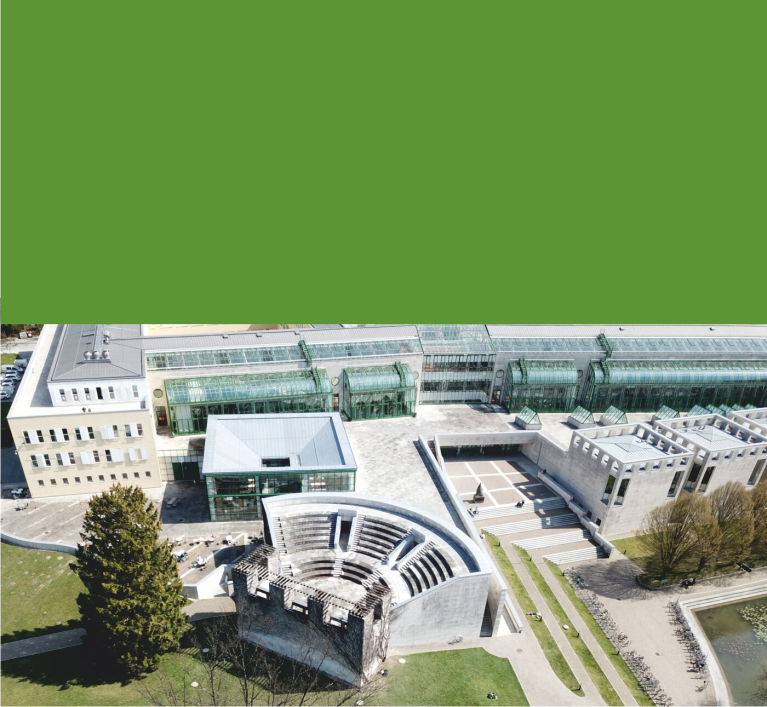Division of Sociology and Human Geography
(Global) society is facing fundamental challenges in becoming socially and ecologically sustainable. In our new devision, which combines the previous areas of sociology and social and economic geography, we thus see the fundamental socio-ecological transformations of globalized societies as the central subject of our analyses, research, and reflections.
We consider the transformations of globalized societies as unevenly structured in space and time. This can be seen, for example, through different modernization paths, in contradicting digitization processes, through novel types of center-periphery structures, in phenomena reflecting the dissolution of spatial/ temporal boundaries and evolving geopolitical power structures. These and other dynamics change local and remote societal processes, shape individual and collective working and living conditions, and permeate the design of late-modern biographies and identities.
The devision analyzes the complex consequences of unevenly structured socio-ecological transformations: firstly, in their interwoven scales and secondly along the interconnected research perspectives of socio-ecological un/sustainability of production and reproduction, mobilities, migration, transnationalization, and dynamics of working and living conditions in and beyond Europe.
Photos: © University Salzburg. PLUS
SOCIOLOGY AND HUMAN GEOGRAPHY – THE PLUS EMBARKS ON A NEW COLLABORATIVE PATH
As part of the restructuring at the PLUS, the previous departments of Sociology, Social Geography and Economic Geography have formed a joint department. This cross-faculty restructuring has not been obvious, but this merger proved to be quite exciting.
Indeed, it is even a cooperation of disciplines still unique at institutional level among universities in the DACH region (Germany, Austria, Switzerland). Not only does this merger provide opportunities for innovative research projects, but it is also highly topical and should attract students with a variety of research interests. In fact, shared teaching activities were already implemented and will be expanded in the near future.
Interrelations between physical and social dimensions of space
Overall, the cooperation between Sociology and Human Geography at the new department is not understood as a combination of research subjects, but rather as a research agenda connecting the interrelations between physical and social dimensions of space being focused on both in Sociology and Human Geography. This focus is even more relevant as the global society is undergoing fundamental socio-ecological transformations triggered by these interrelations of physical and social dimensions of space which are also necessarily reflected in the latest developments of the two disciplines.
The dynamics of global transformations triggered by these interrelations, however, show unequal consequences in different regions, such as new kinds of centre-periphery structures, shifts in the meaning of nation states or changes in geopolitical power structures. Moreover, global transformations influence or even shape shape living conditions of all individuals; they also pose major challenges for urban envorinments which have to organise production processes, work and living spaces as well as mobility, preferably in a resource-saving and low-emission way. All that has to be considered against the backdrop of blurring of socio-spatial boundaries, forced flexibility and accompanying risks of poverty.
The new department critically analyses all these dynamics of socio-ecological transformations and pays special attention to new and old social inequalities. Inequalities arise due to social conditions of life-style both on the level of individual social positions and/or or the specific physical environment. Furthermore, people’s life can also be influenced in such a way that privileges for one social group precisely generate problems for other social groups who are more or less affected by their spatial ‘proximity’.
Digitalised social spaces
At the new department, the research agenda is also focused on transformations by digital communication technology which are causing changes in the organisation of space and how these changing spaces are experienced. We develop innovative approaches and methods for analysing digitalised social spaces in order to better understand how digitalisation influences the dynamics of social life and contributes to socio-ecological transformations.










